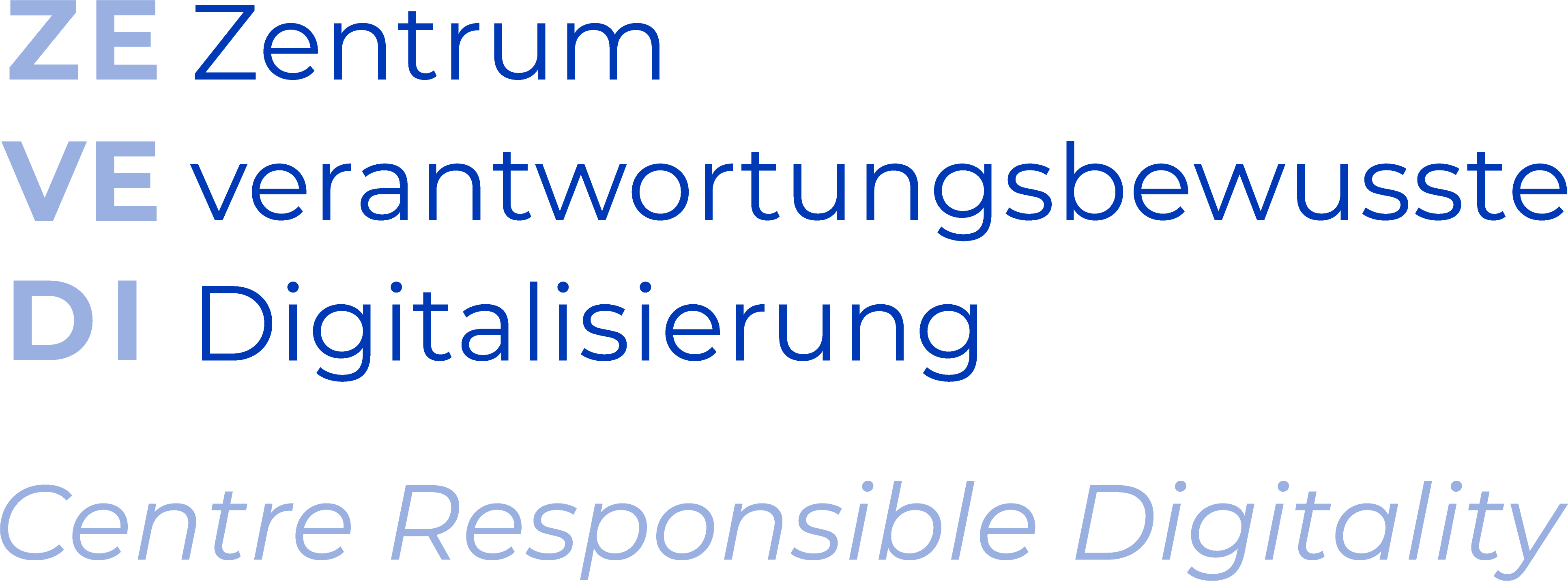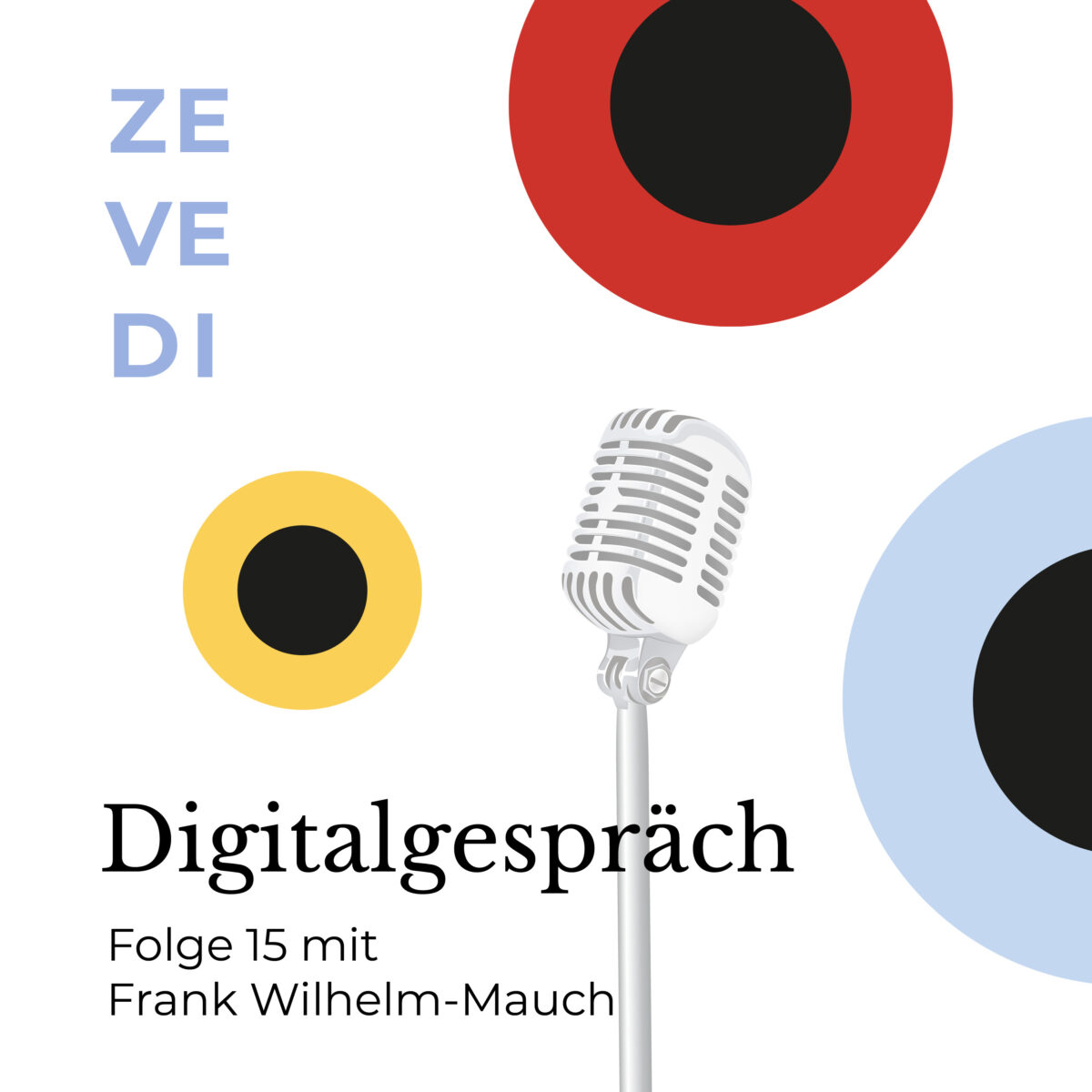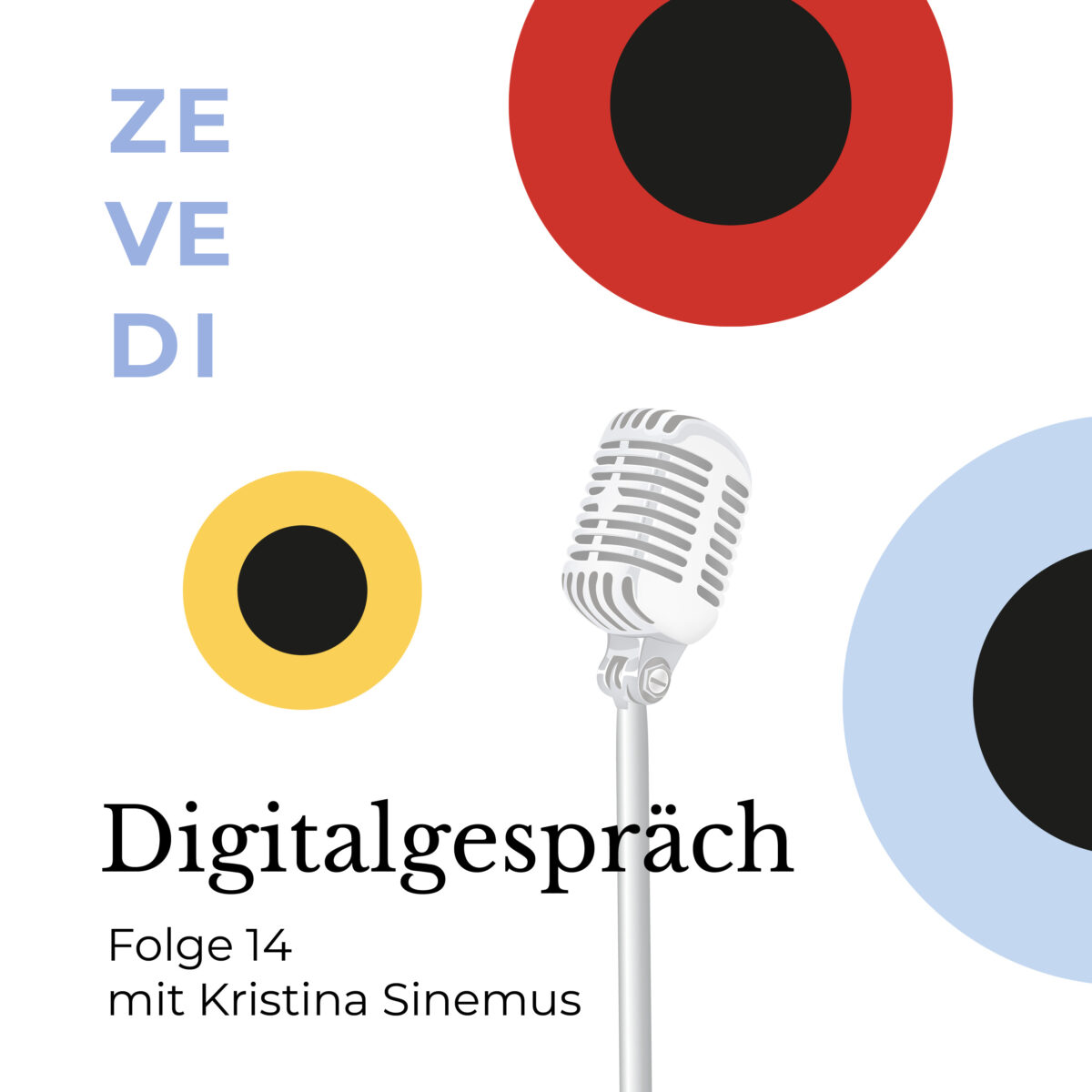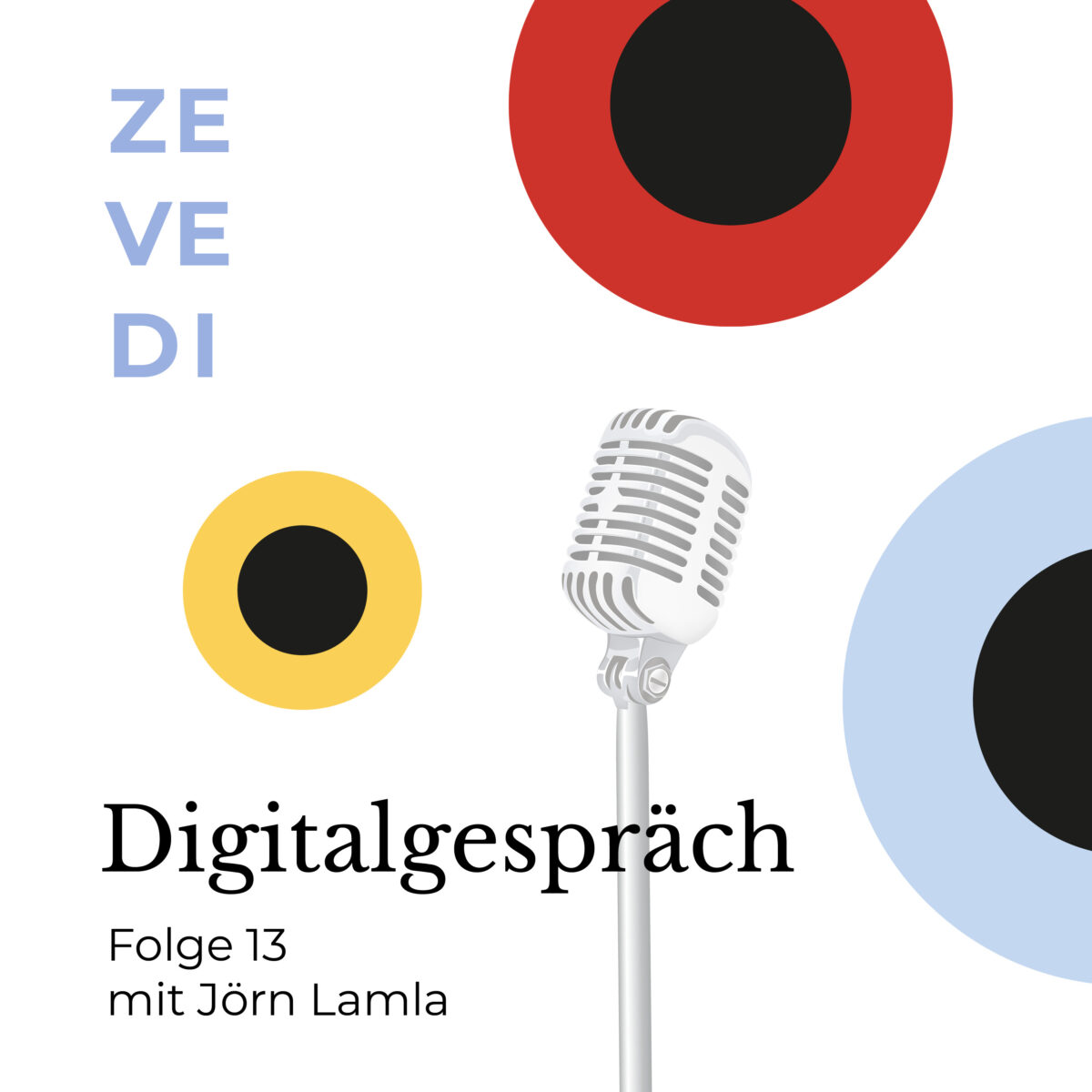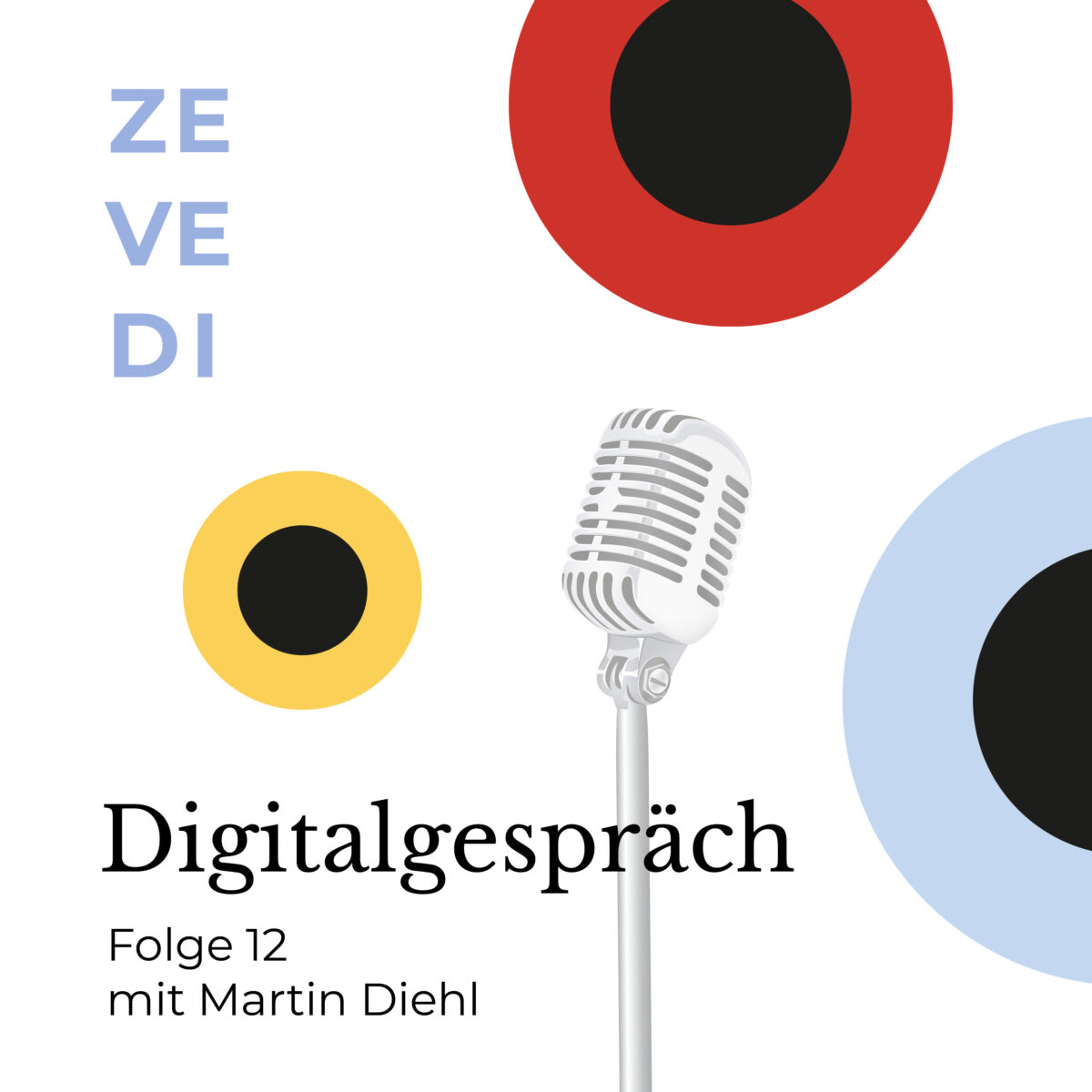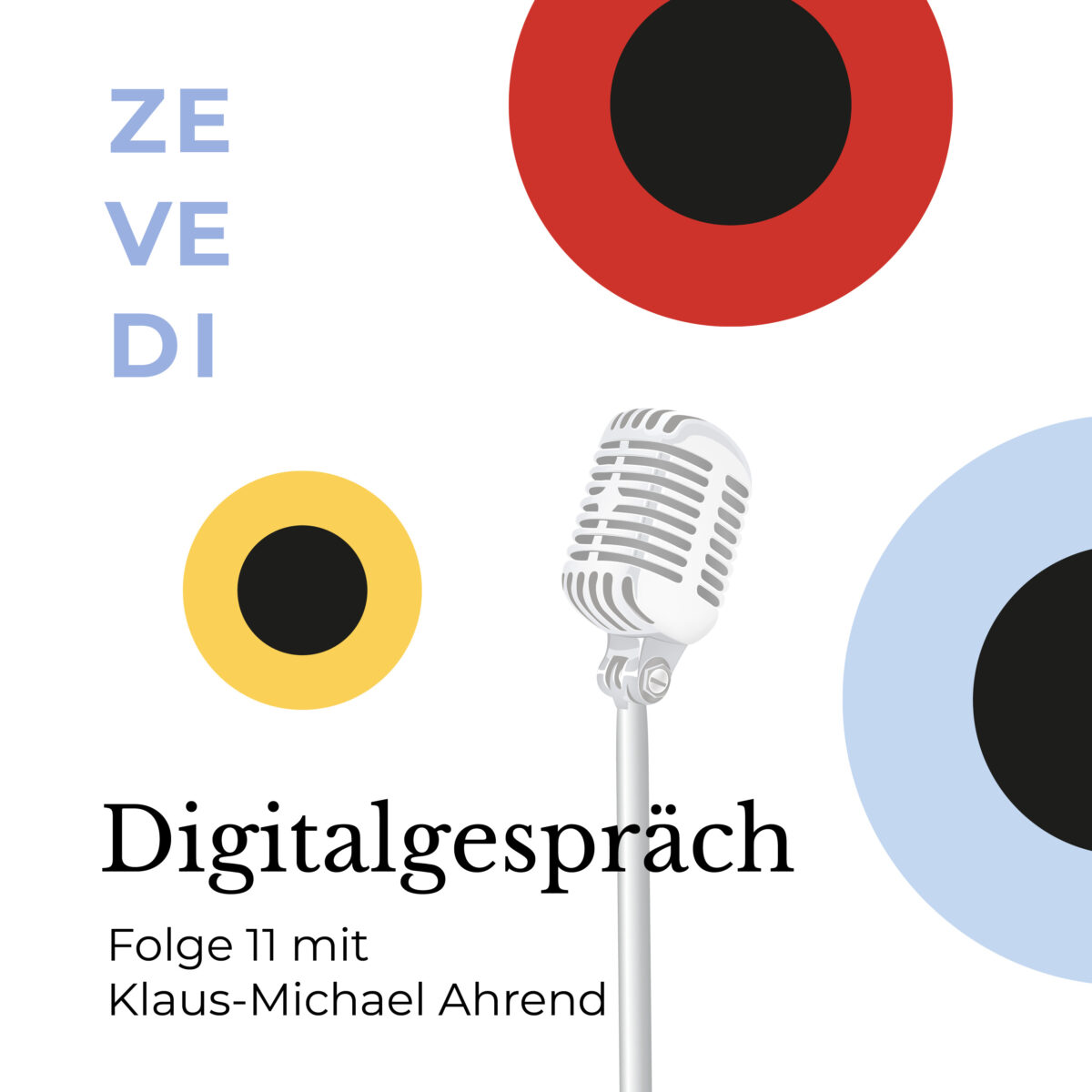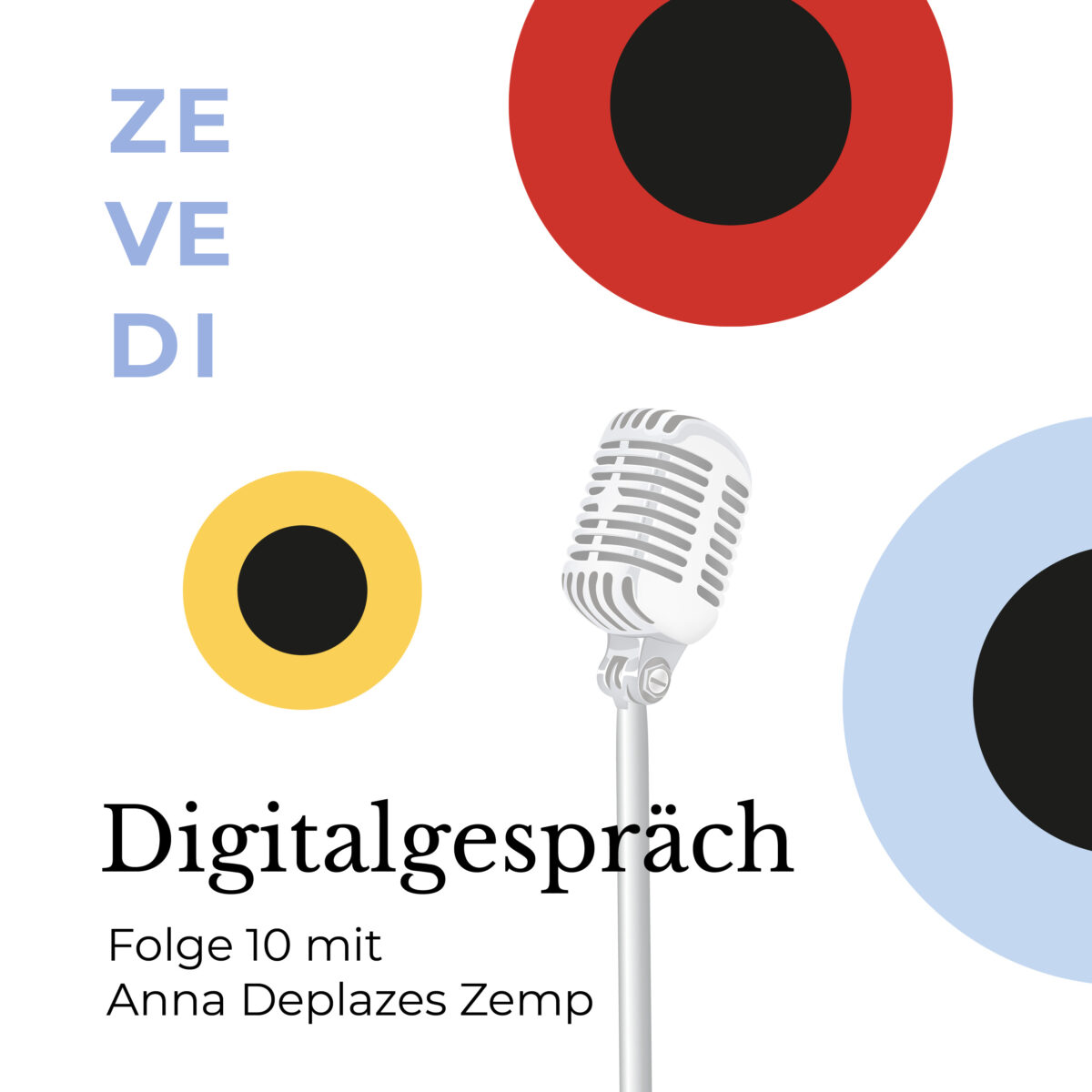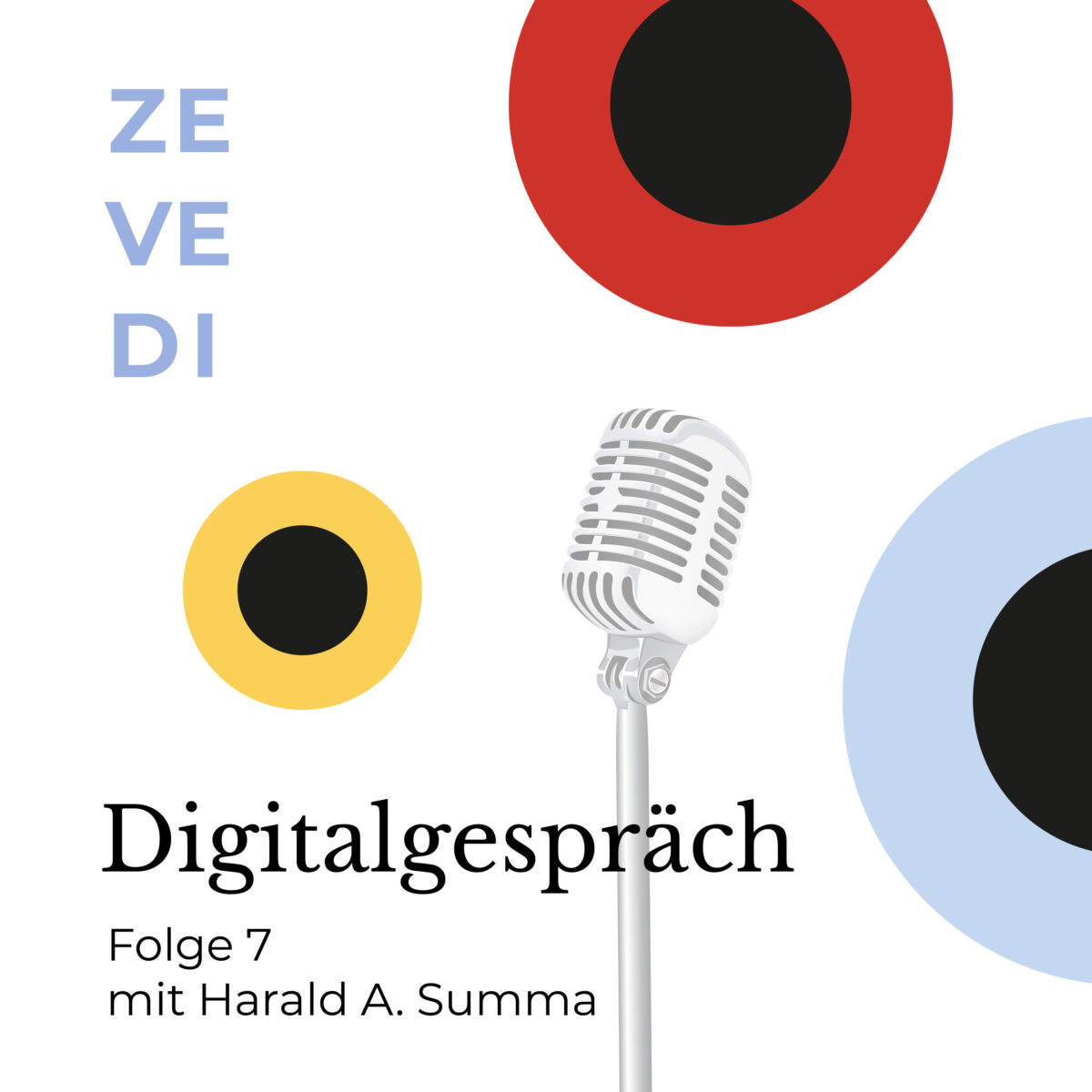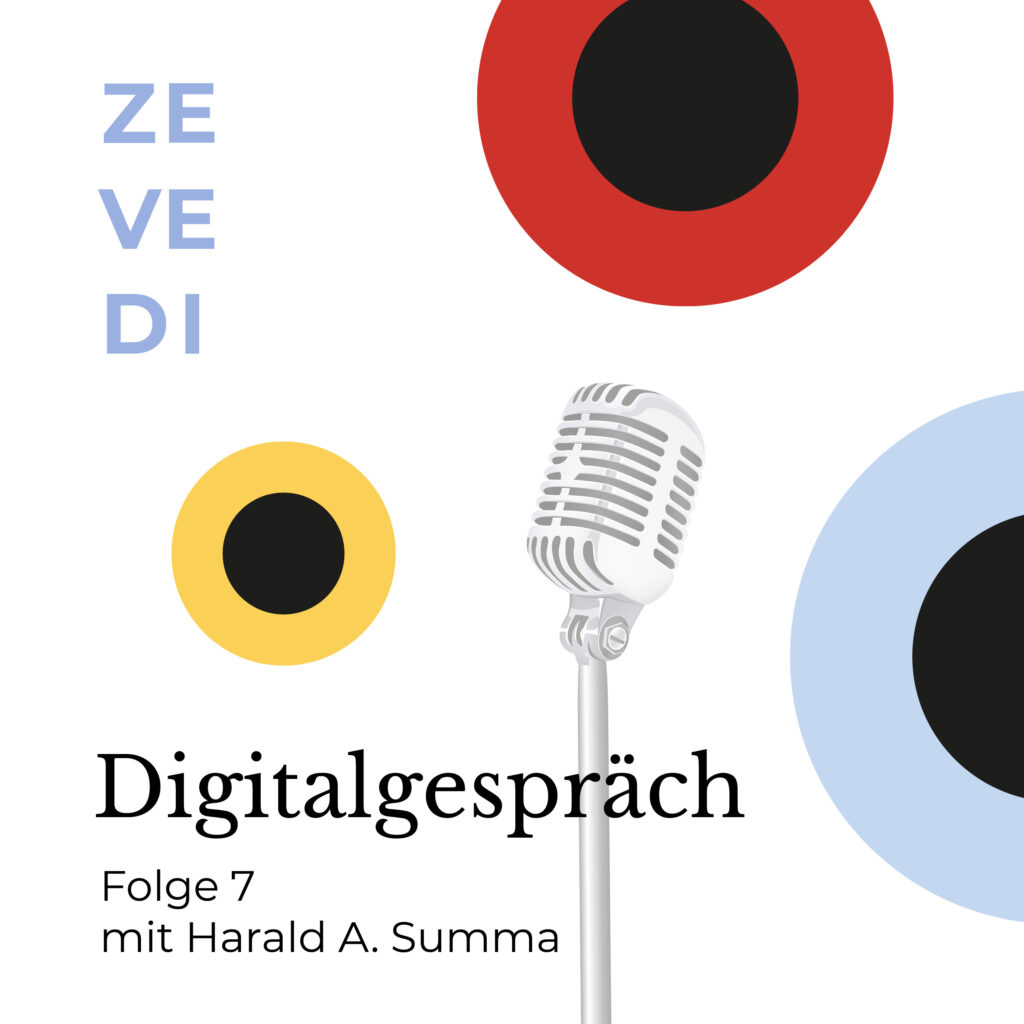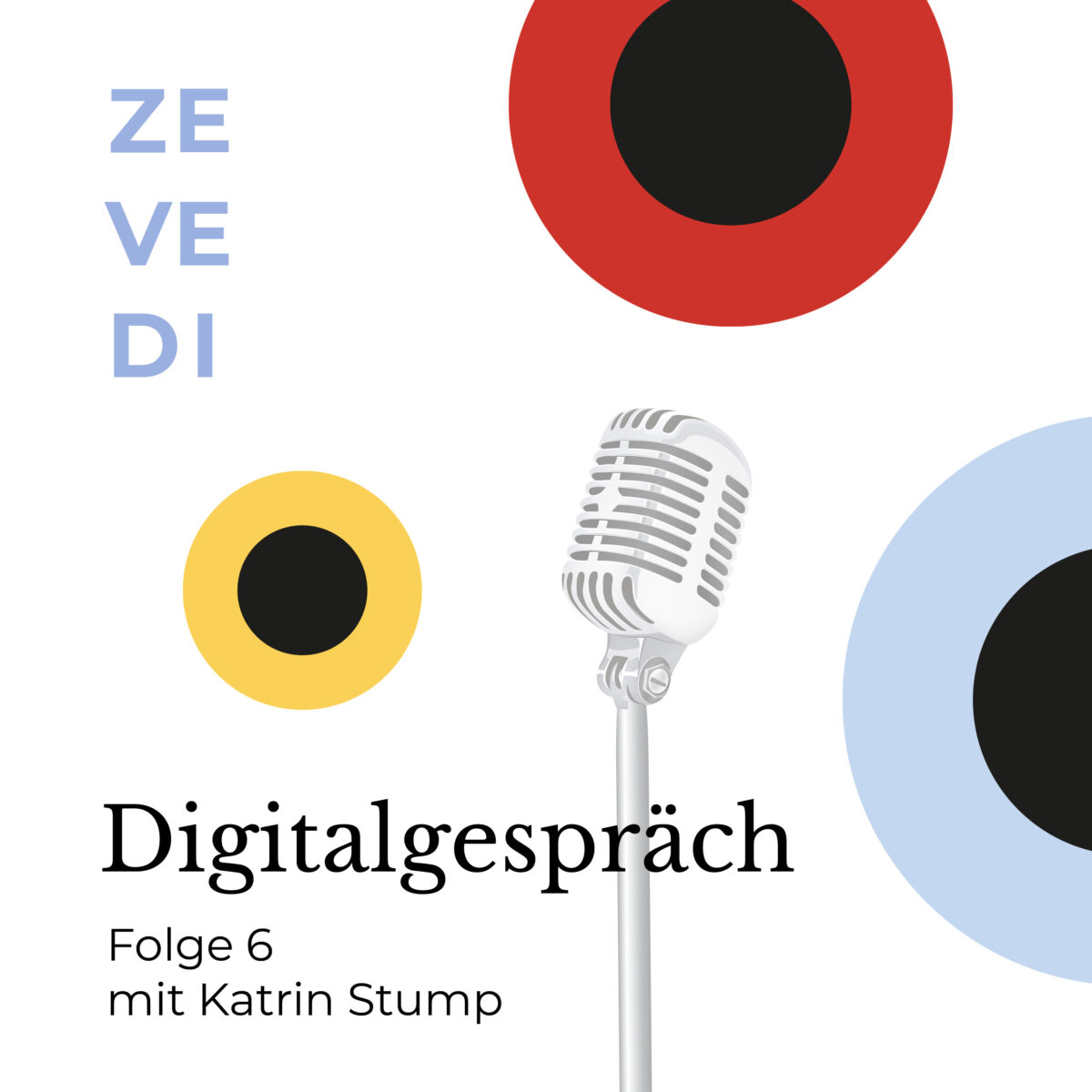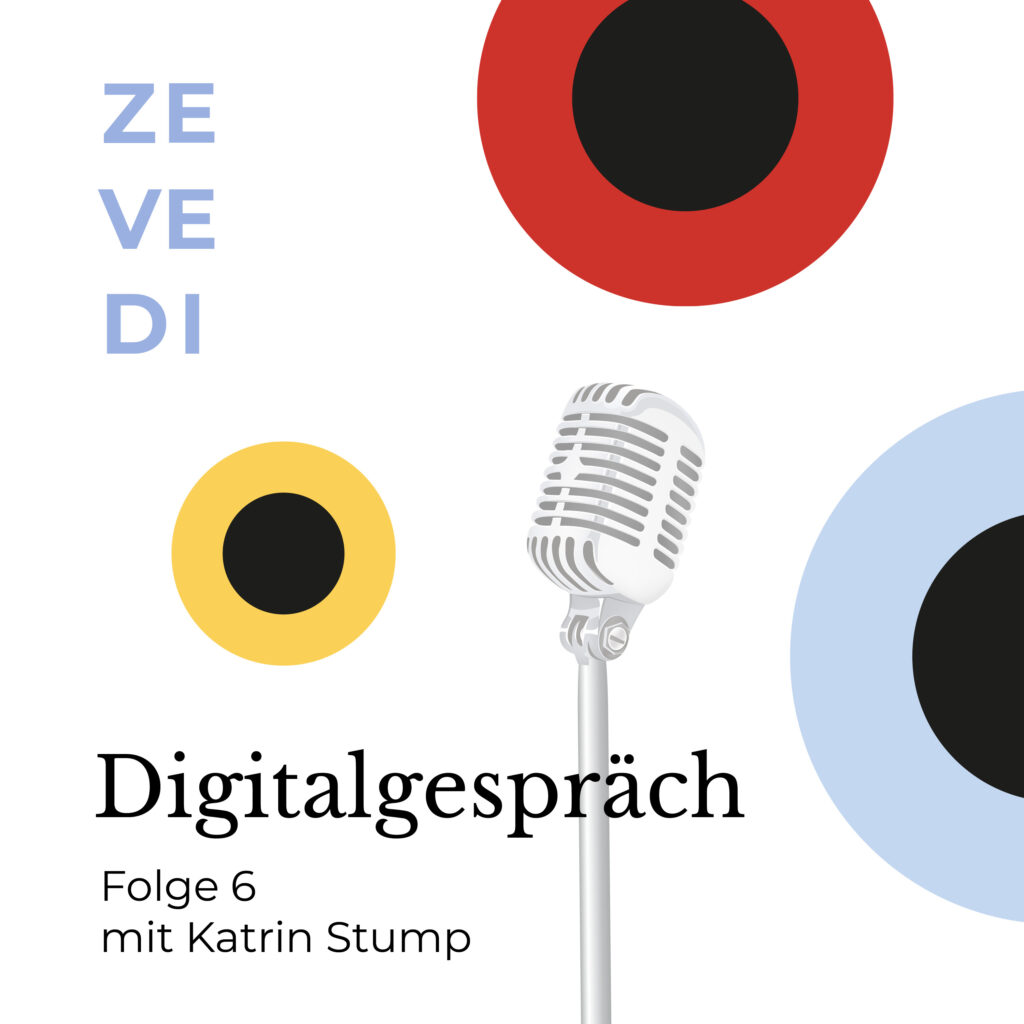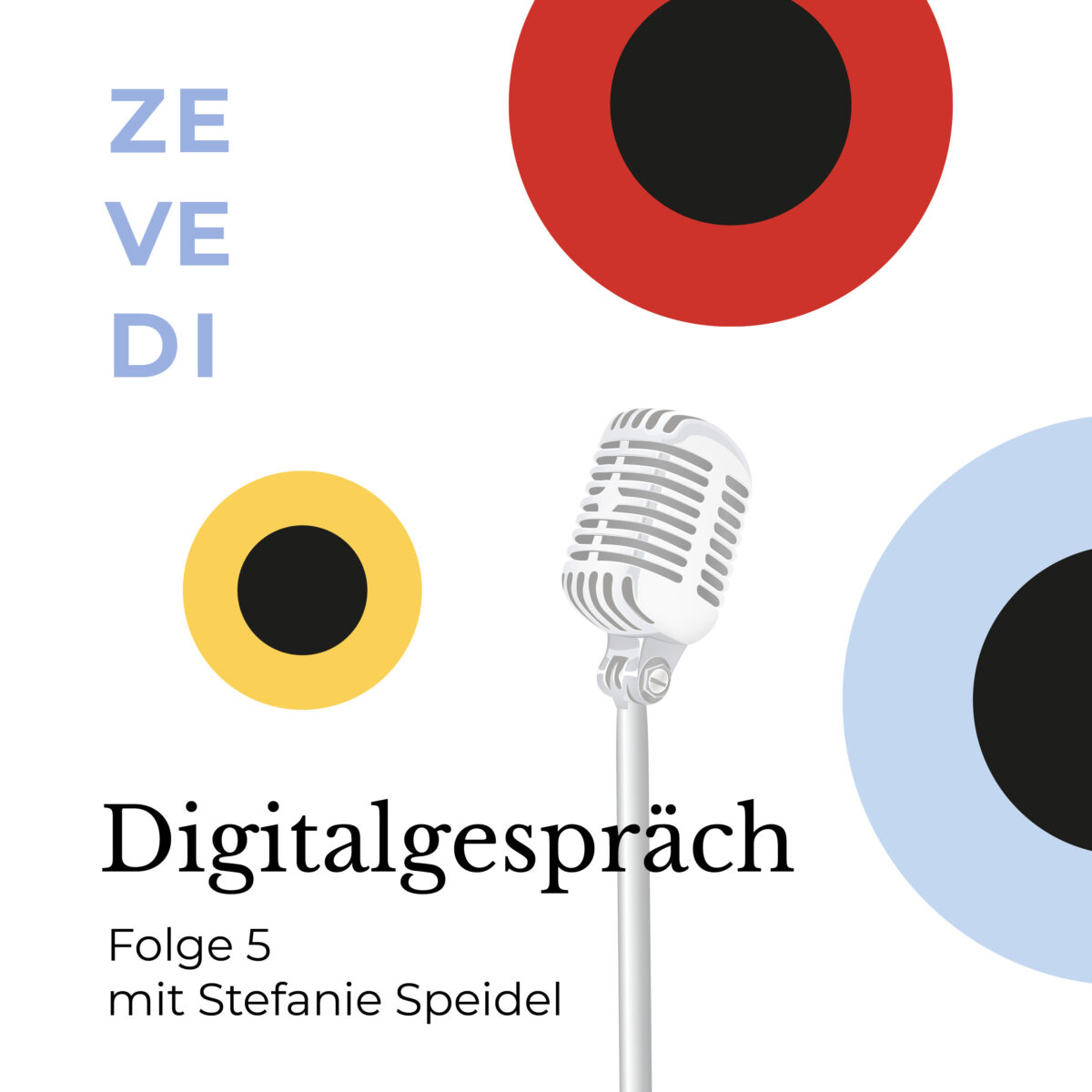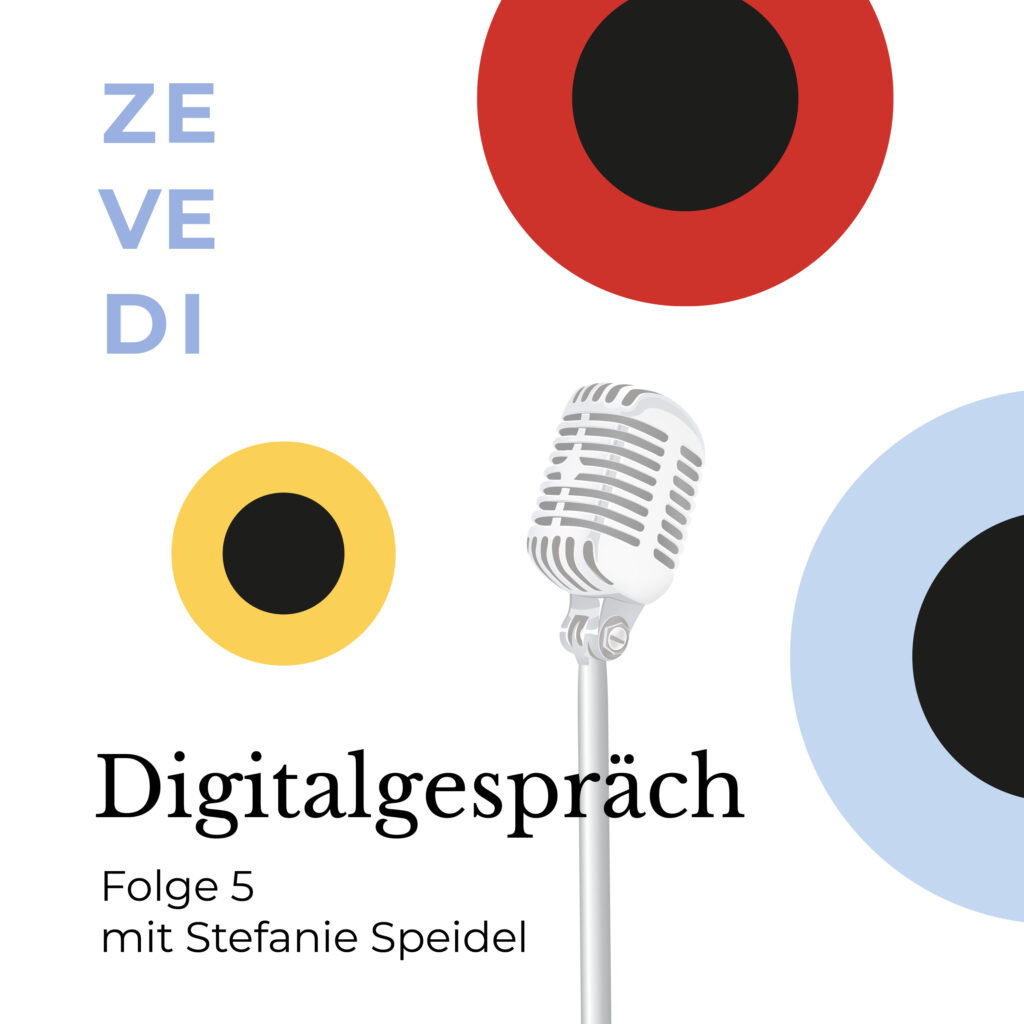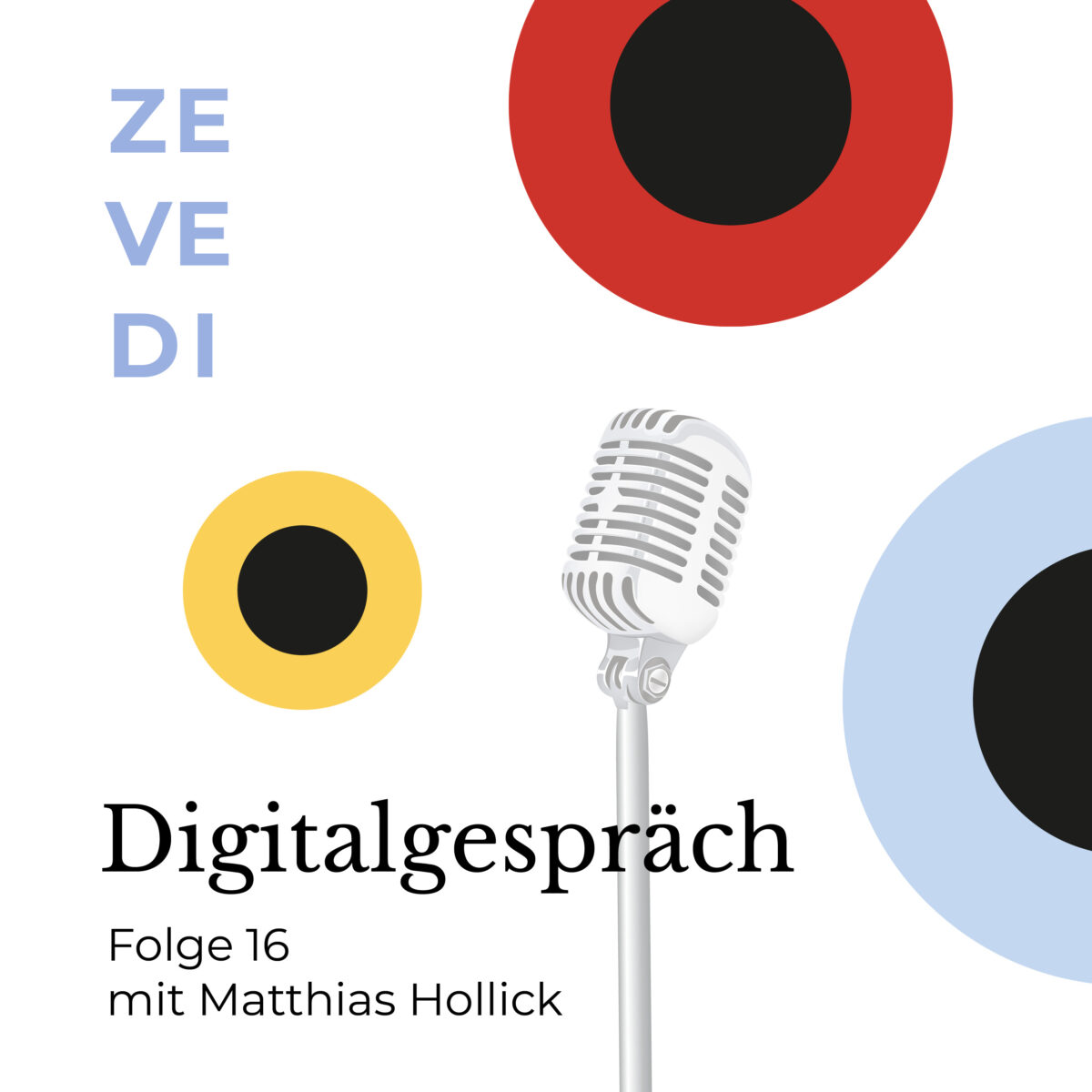
We are potentially tracked wherever we use software. Whether we are surfing the internet or jogging with a smart watch on, we are aware of the fact that data about us and our behaviour are collected and processed for a variaty of purposes. Some of these are indeed intended to benefit us, for example when it comes to monitoring our health or when personalised services are supposed to make our lives more comfortable. Often, however, there are simply financial interests of third parties in the background: companies which make money from our data traces, criminal activities – or in the worst case surveillance measures of authoritarian governments. However: The full potential of increasingly elaborate tracking techniques unfolds only in the progressive networking and interconnectedness of our IT systems. This applies to the supposed benefits just as much as to the risks of misuse.
Matthias Hollick teaches and researches computer science at TU Darmstadt where he heads the Secure Mobile Networking department. In this episode of the ZEVEDI-Podcast “Digitalgespräch”, the expert explains which technologies are already being used today to collect and analyse data about us, which actors are behind those activities and what purposes they pursue. He discusses with hosts Marlene Görger and Petra Gehring the dynamics of the development of potential surveillance technologies, the tension between the benefits and risks of the tracking infrastructures that surround us, where and how regulations might make sense, and what perspectives this opens up for liberal, democratic societies.
Further informationen:
Link to the website of Matthias Hollick’s department Secure Mobile Networks:
https://www.seemoo.tu-darmstadt.de/
all episodes of Digitalgespräch»
The podcast is in German. At the moment there is no English version or transcript available.
